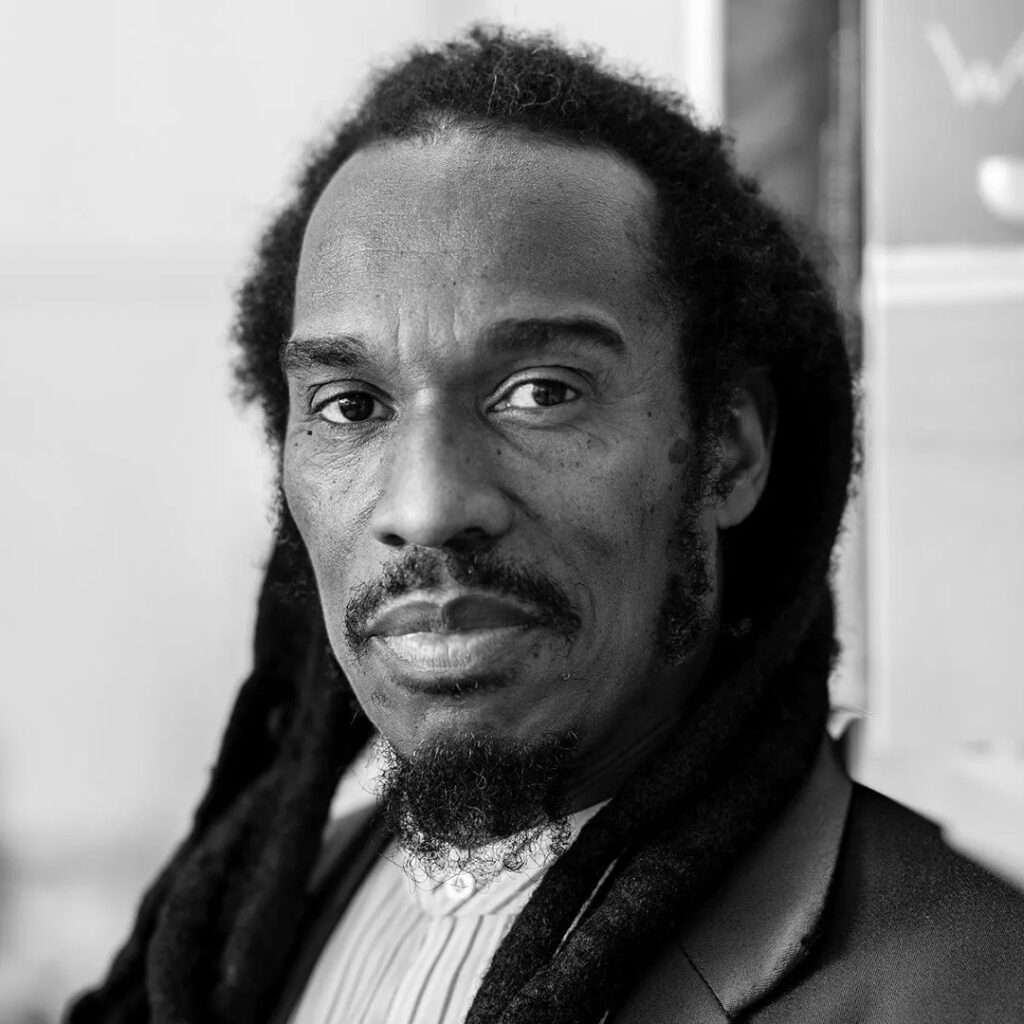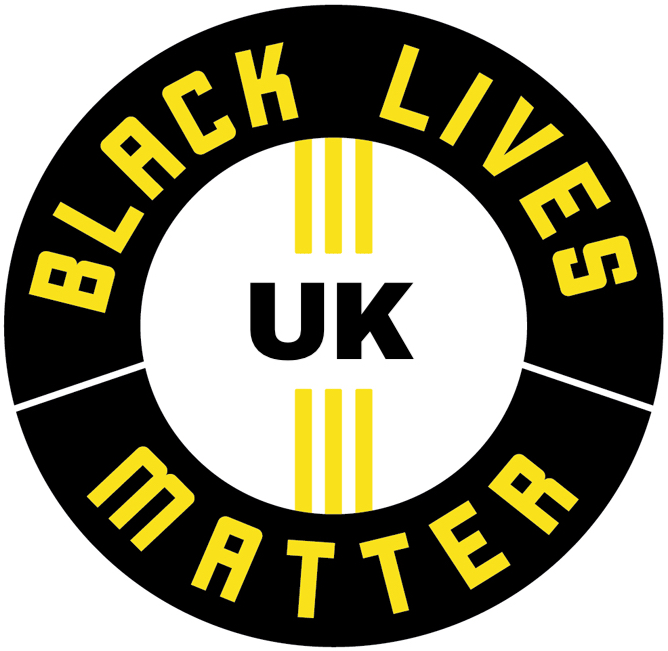
“I have been fighting against empire all my life” was the simple, yet cutting response the late Benjamin Zephaniah gave to the offer of an OBE – Order of the British Empire.
Growing up poor and Black in Handsworth, Birmingham, he left the school system which failed him at age 13, unable to read or write. The streets of Handsworth in the 1970s was dubbed the ‘Black Colony’ by Stuart Hall, but for Benjamin, it was simply the Jamaican capital of Europe – either way, life here would shape him profoundly. Influenced by Rastafari, sound systems and Black Power provided the foundations for a poetry, prose and political outlook which would help define a generation of Black people born in Britain.
Yet, capitalist crisis and the sus laws of the 1970s made the means of life didn’t come easy for Black Handsworth youths like Benjamin. Unlike the generation before who’d been invited to the mother country during the boom years, recession discarded the inner-city youths, who often resorted to working lives that got them in trouble with the law. Shebeens, unlicensed gambling, drug distribution or petty theft proliferated, and Benjamin found himself arrested and incarcerated.
By the 1980s, Benjamin was writing and performing dub poetry, and moving to East London enabled him to publish his first book of poetry. Inspiration for a rebel with a cause was all around, with the rising power of street fascism, Thatcherism, police power and it’s explosive response – street rebellions across the capital.
From here, Zephaniah’s charm and prose married the movement, contributing to the campaigns against British fascism, apartheid, policing and class struggle. He formed part of a generation of artists which brought colour, life and vibration to the street radicalism, without which would be confined to demands for better living and working conditions. Art and culture gives meaning to radical politics in ways no manifesto can, and Benjamin Zephaniah’s work formed a crucial part of it.
“I have been writing to connect with people. Not to impress governments and the monarchy. So how could I then go and accept an honour that puts the word ‘empire’ onto my name” he remarked, as part of his rejection of an OBE. As capitalist institutions and the state fill their boardrooms and cabinets with Black and Brown faces, manipulating anti-racism for their personal careers and reactionary projects, Benjamin Zephaniah life and work stands as an enduring lesson, retort and middle finger to all oppressors, offering inspiration, criticism and joy in equal measure, in a world that needs it now more than ever.
